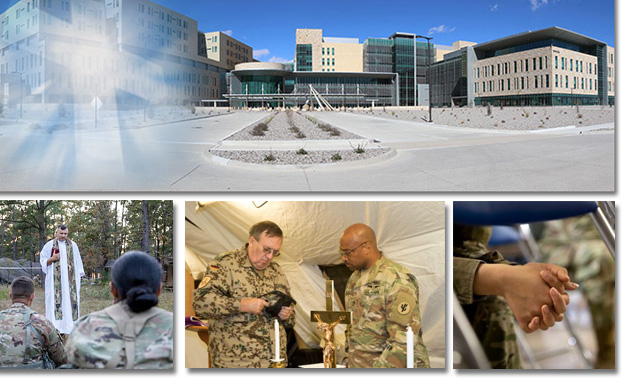What is Clinical Pastoral Education?

Clinical Pastoral Education (CPE) was conceived by Dr. Richard Cabot as a method of learning pastoral practice in a clinical setting under supervision. The Reverend Anton T. Boisen enlarged the concepts to include a case study method of theological inquiry-a study of the "living human document." The concept of learning from the textbook of "the living human document" is central to CPE. This learning is appropriated from every human being with whom the student comes into contact. As CPE developed, other CPE leaders expanded CPE to integrate a knowledge of medicine, psychology, and other behavioral sciences into pastoral practice. Today many supervisors emphasize the importance of pastoral relationships being formed through an integration of personal history, behavioral theory and method, and spiritual development.
Clinical Pastoral Education is action/reflection process of theological education that is grounded in a person centered approach to spiritual ministry. Although the student learns effective ministry in the hospital model of CPE, what is learned may applied to any ministry setting the student finds him/herself in the future.
Through the action/reflection process the student evaluates the effectiveness of his/her style of ministry in relation to theological perspectives, religious traditions, and the needs of the person(s) served. The insights and pastoral skills generated through this process are integrated into new experiences of ministry and learning.
Clinical Pastoral Education is a blend of three components: didactic input, ministry, and structural reflection. Maximum learning will be gained and maximum ministry will be rendered by the Chaplain resident or intern who learns to make full use of and integrates all three components.
Learning is facilitated by a blend of didactic methods and experienced-based education. You have to be very familiar with didactic instruction in order to have come this far in your educational career. Experience-based education relies on a cycle of: Experience-Observe and Describe, Analyze, Generalize. These four "stages" of the process are colloquially described as "Do-Look-Think-Learn/Plan." You Do ministry (Experience) by visiting parishioners, leading chapel, counseling, etc. Then you Look (Observe and Describe) what you have done by preparing a verbatim, case study, videos, etc. Next you Think (Analyze) about what you have done be reflecting, evaluating your work, presenting in seminars, discussing with your supervisor, reading on the subject, etc. Finally you Learn of Plan (Generalize) for next time on the basis of your analysis. The process is cyclical.